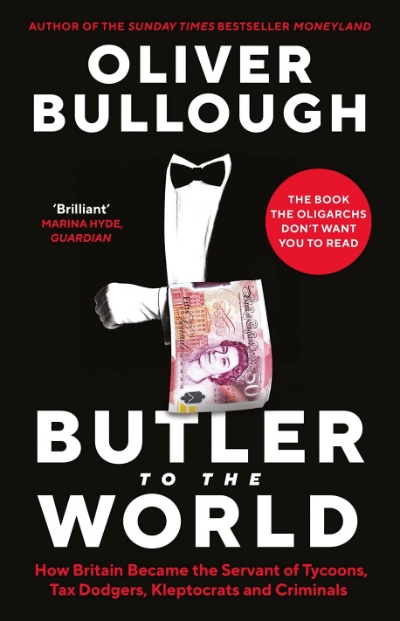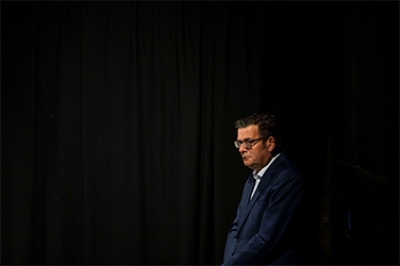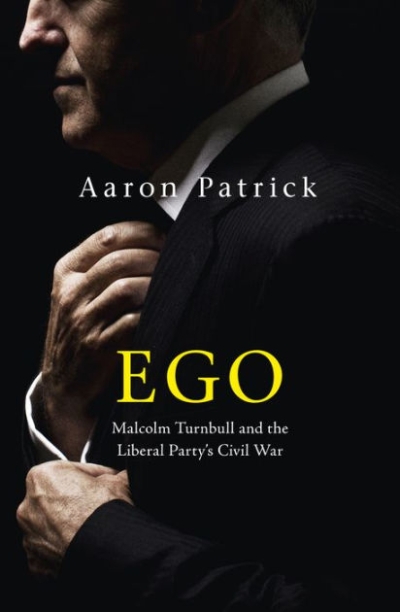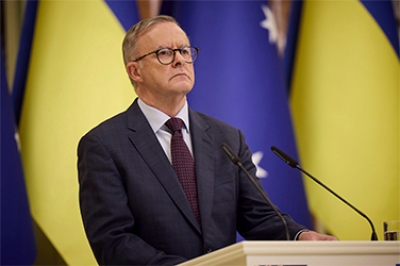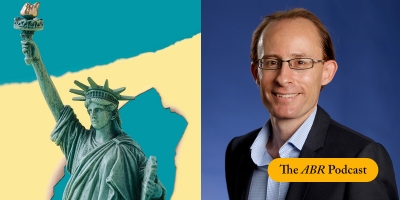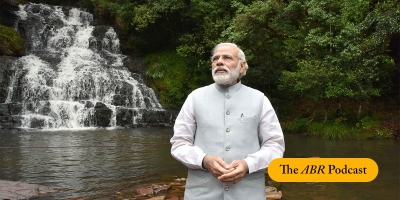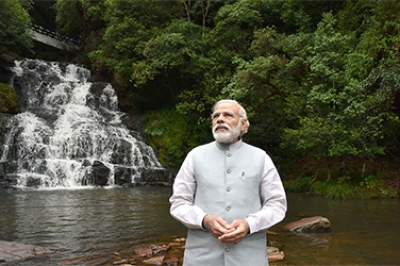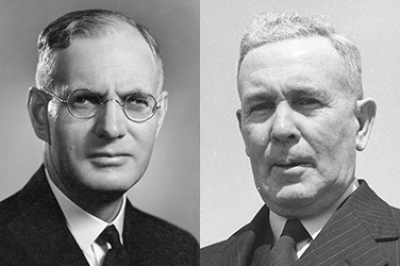Politics
While the art of the ghost writer has a long and honorable history, the court case concerning the extent of Graham Yallop’s responsibility for the book on the recent test series raises a number of general issues apart from the outcome of this particular dispute. At its best, the practice of ghost writing enables the general public to share the experiences of people who have had interesting lives but do not command the verbal skills necessary to constructing a book. Yet the ghost writer may also be the unacknowledged creator of the characters who figure in his work. Few politicians now will risk either the off-the-cuff remark or even the considered epistle, so that the contest of political leadership can degenerate to a trial of speechwriters’ skills. The most proficient comedians are, of course, creatures of their scriptwriters, but they at least exact nothing from us but our laughs. As our sportsmen and women become media figures there is a danger that the players as well as the game will be taken over by the media barons, with the ghost writer acting as puppet master. Fortunately, cricket, a sport which seems able to elicit passions altogether out of proportions with the leisurely pace of the game, has always had players who are as much at home with words as with bat and ball. One of these, Jack Fingleton, was the subject of a review last month; another, Frank Tyson, is a regular contributor to our pages. Their individuality provides some security that the age of the manufactured human is not yet quite triumphant. It would seem, however, that in a world of instant media heroes, publishers have a responsibility to their readers to tell them whether the words they are reading belong to the ostensible author or to an unseen ghost.
... (read more)Butler to the World: How Britain became the servant of tycoons, tax dodgers, kleptocrats and criminals by Oliver Bullough
It was in the wake of the landslide re-election of Daniel Andrews’s Labor government in November 2018 that the former Coalition prime minister, John Howard, christened Victoria ‘the Massachusetts of Australia’. Coming from Howard, this characterisation of Victoria was not meant as a compliment. Rather, it seemed designed as a consolation message for the local Liberal Party. He was providing them with an alibi for their lengthening record of under-performance in the state. Victoria, Howard seemed to be saying, was simply impervious to the party’s conservative values.
... (read more)Ego: Malcolm Turnbull and the Liberal Party’s civil war by Aaron Patrick
Before the May 2022 federal election, Anthony Albanese, partly to silence critics of his ‘small target’ campaign and partly to manage wider expectations, proposed to lead a Labor government that under-promised and over-delivered. A deliberately thin ‘look-at-them’ election campaign was designed to keep the focus on a tired and compromised Coalition government, rather than following Labor’s usual approach of fighting for voters’ attention with big new ideas. For a social democratic party which exists for reform, it was an unorthodox strategy and one not without risks. The political capital from any ‘over-delivery’ might well accumulate for a ‘re-election’ bid in 2025, but the thinness of Labor’s 2022 enticements would be obvious.
... (read more)Russia’s invasion of Ukraine in late February this year was met with near universal condemnation by Western nations. While aggression of this kind and on this scale has been relatively anomalous this side of the second world war, Russia’s disregard for the laws and institutions upholding global peace and security is far from unprecedented. In this week’s episode of The ABR Podcast, Ben Saul reads his commentary piece from the July issue, arguing that Western disrespect for international law is entirely consistent with Russia’s violation of ‘a stable, mutually agreed world order’ ...
... (read more)A year before he ascended to the prime ministership of India in 1947, Jawaharlal Nehru proclaimed that his nation was ‘a cultural unity amidst diversity, a bundle of contradictions held together by strong but invisible threads’. Yet, in the seventy-five years since India’s independence, secularist tolerance of religious and cultural difference has been eroded by a rising tide of Hindu majoritarianism. In this week’s episode of The ABR Podcast, John Zubrzycki reads his commentary on India’s transformation under Narendra Modi’s leadership ...
... (read more)Each federal election brings with it a bunch of promises, attacks, blunders, and unpredictable moments. During the recent federal election we had Anthony Albanese’s ‘gaffe’, Scott Morrison’s undercooked chicken curry, and #JoshKeeper. As usual, the intrepid (and long-suffering) lexicographers and language watchers were hard at work monitoring the language of the campaign.
... (read more)On 15 August 2022, it will be seventy-five years since Jawaharlal Nehru declared that India’s ‘tryst with destiny’ had finally been ‘redeemed’. The rapturous crowds that gathered outside the Constituent Assembly in New Delhi on that sultry summer night cheered as loudspeakers relayed the words: ‘At the stroke of the midnight hour, when the world sleeps, India will awake to life and freedom.’
... (read more)Australia’s new Commonwealth government has pledged to initiate a ‘universities accord’ and build consensus on higher education policy questions. This follows a period of torrid relations between universities and the government where constructive dialogue was patchy at best. We may have heard little from Labor about universities over the course of the past nine years, but its ‘universities accord’ election pledge at least recognises that, for the good of Australia and its people, it’s time to reopen constructive channels of communication.
... (read more)
